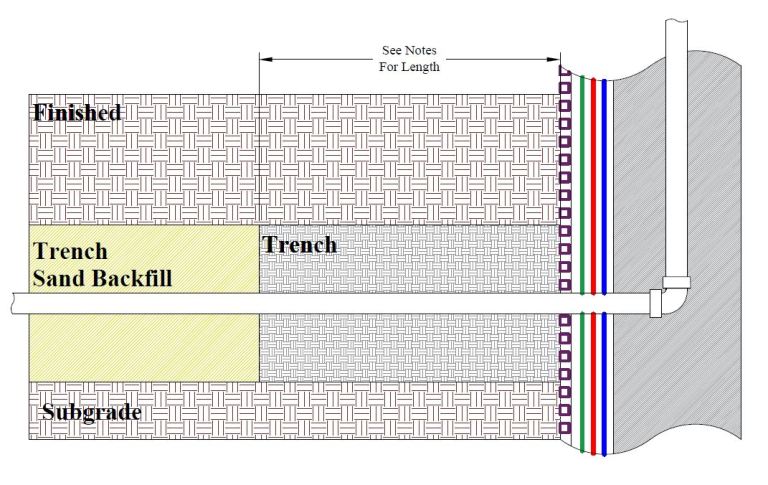Moment Magnitude (M)
Moment Magnitude (M): In the seismology branch of geology, moment magnitude is the magnitude of an earthquake that scientists estimate by using the Seismic Moment.
Moment Magnitude (M): In the seismology branch of geology, moment magnitude is the magnitude of an earthquake that scientists estimate by using the Seismic Moment.

Runoff (R) The term “Runoff” (R) in hydrogeology and geology refers to the part of rainfall which accumulates on the ground surface and naturally forms into flowing streams.

Trench Dam Trench Dam: Per the Los Angeles Department of Building and Safety (LADBS) Methane Code, Ordinance Number 175790, a trench dam is part of a methane mitigation system. A trench dam is essentially a subsurface barrier that exists within a furrow or ditch, that is adjacent to the foundation of a building in a…

Zeolites Definition In geology, zeolites are a group of hydro-alumino-silicate minerals that are compositionally analogous to the feldspars. Zeolites typically comprise sodium (Na), calcium (Ca), or potassium (K) as chief metals. And zeolites also tend to develop within basalt cavities, lake sediments, oceanic sediments, and volcanic tuff. Modern Economical uses of the Zeolites Modernly, zeolites…

Phaneritic Definition In geology, the term Phaneritic applies to the texture of an igneous rock. A phaneritic plutonic rock has grains that are large enough to be seen with the naked eye. In fact, this indicates there was a slower rate of magmatic cooling.

Sedimentary Rock Definition In geology, the term “Sedimentary Rock” refers to the classification of rock that is the result of the gradual consolidation and deposition of loose particles of other rock classifications (igneous or metamorphic). Alternatively, sedimentary rocks can also form by the accumulation and precipitation of other natural chemical solutions in a depositional environment….

Index Fossil Definition An Index fossil, in the field of paleontology, refers to a fossil that identifies and dates the stratigraphic unit that it is observed to exist in. Index fossils can combine a wide geographic range. And they can really narrow down the classifications of most stratigraphic units.